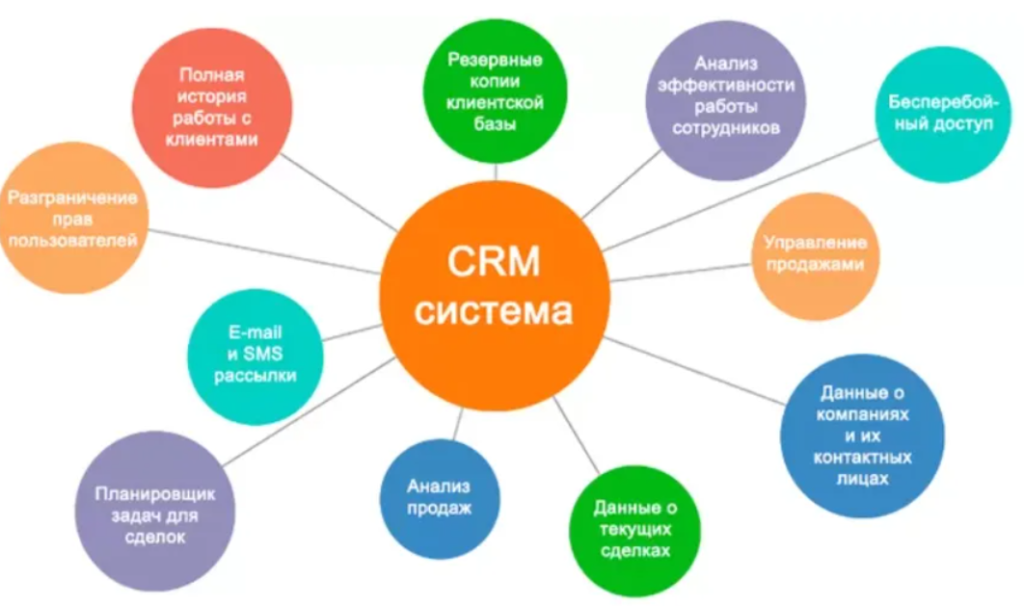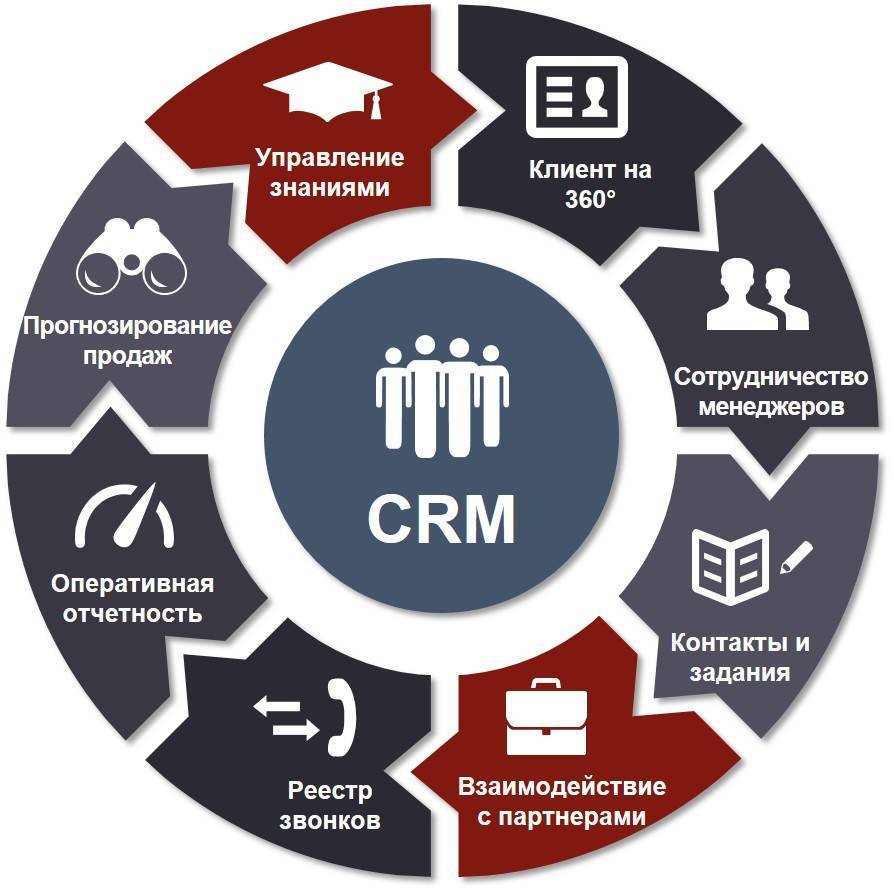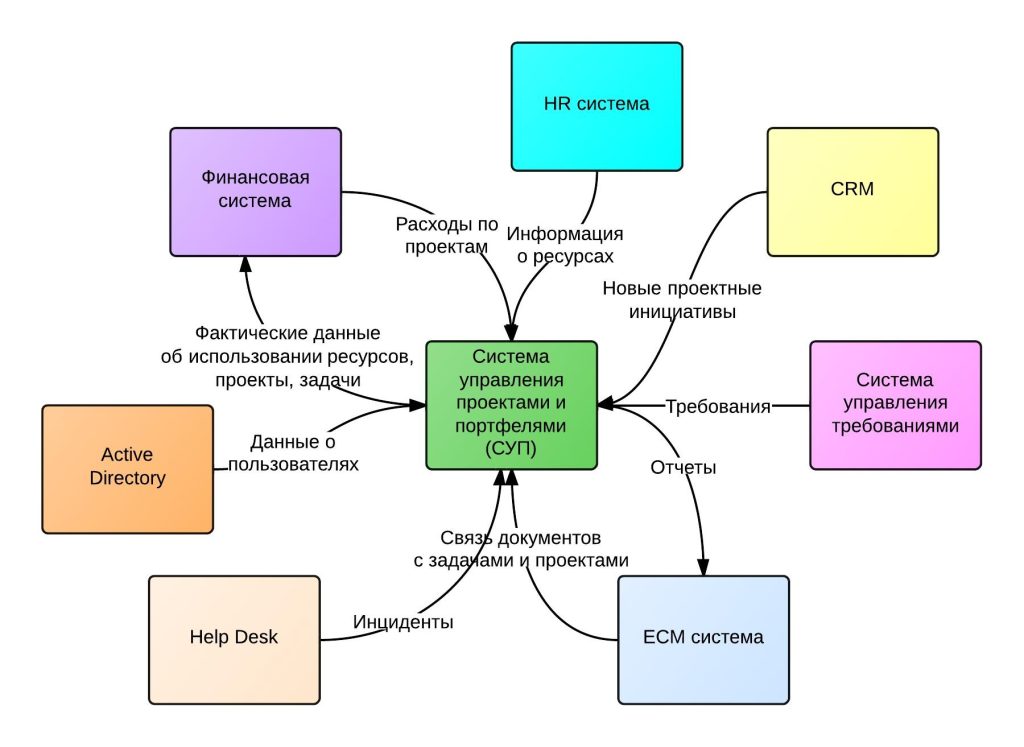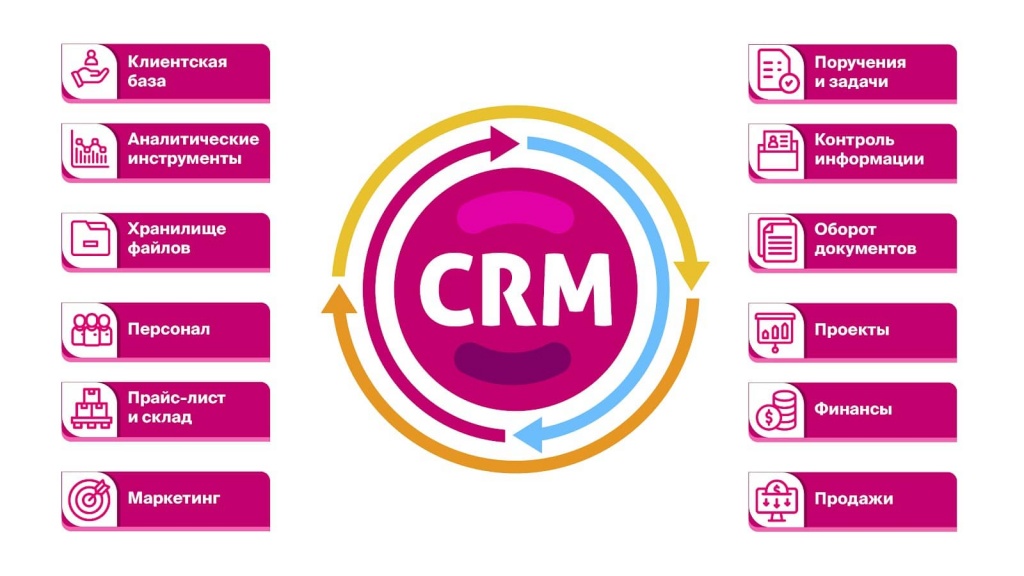In today's increasingly competitive business world, effective customer relationship management (CRM) is becoming an integral part of any company's success. In Tashkent, as well as around the world, entrepreneurs are realizing the importance of CRM tools to optimize customer interactions and increase their competitiveness. In this article, we will look at how to choose the right CRM in Tashkent and why it is so important for business.

Why do you need a CRM system?
Improving customer service
One of the main ways in which CRM brings great benefits is in improving the quality of customer service. CRM systems allow companies to more effectively manage all aspects of customer interactions, from the first contact to after-sales service.
When a company has access to customer interaction history, it allows employees to quickly review a customer’s previous requests and preferences. This improves the customer experience and allows for more personalized and relevant recommendations, which in turn strengthens the bond between the company and its customers.
Data Analysis for Decision Making
CRM systems collect and analyze huge amounts of customer data, and this brings valuable results for companies. Analyzing this data allows companies to understand buying behavior, preferences, and trends. This information becomes a valuable resource for development of marketing strategies and improve products or services.
CRM systems provide reporting and data analysis tools that allow businesses to see which activities and strategies are working most effectively. This helps companies make more informed decisions and tailor their strategy to meet the real needs of their customers.
Increase sales
One of the key indicators of success of any business is sales volume. CRM systems help increase sales by optimizing customer service. They help identify the most promising customers, as well as products or services that may be of interest to a particular customer.
The automation and personalization processes provided by CRM enable more effective interactions with customers at different stages of their journey from product awareness to purchase. As a result, companies can increase conversion and sales.
Transparency and cooperation
For companies, especially in Tashkent, where the business environment can be dynamic, it is important to ensure transparency of internal processes and effective cooperation between different departments. CRM creates a single platform where customer data is stored and available to all employees who need it.
This facilitates the transfer of information between departments, avoids duplication of work and allows all employees to have up-to-date and complete information about customers. As a result, customer service becomes more qualitative and consistent.
Reduce costs and increase efficiency
CRM systems allow you to automate many routine tasks, such as processing requests, keeping track of contacts, and monitoring deals. This allows employees to use their time more efficiently and focus more on strategic tasks.
In addition, optimizing processes with CRM helps reduce the likelihood of errors and omissions, which can lead to customer dissatisfaction and loss of business.
Customer loyalty
Ultimately, all the above benefits of CRM systems contribute to increased customer satisfaction and, as a result, to strengthening their brand loyalty. The personalized and professional approach provided by using CRM makes customers more likely to return to your company and recommend it to others.
As a rule, successful implementation of a CRM system begins with a clear definition of the company's needs and a thorough study of the CRM systems market in Tashkent. These two stages play an important role in choosing the most suitable solution that will meet the unique requirements and nature of your business.

Defining your needs
Первый и самый важный шаг перед выбором CRM системы — это определение того, что именно вам нужно от этой системы. Это позволит избежать ошибок и выбрать наилучшее решение для вашей компании. Вот несколько шагов, которые помогут вам определить свои потребности:
Business Process Analysis
Study your company’s internal business processes. Identify customer-facing processes, from first contact to after-sales service. Find out where the biggest problems and bottlenecks arise that can be improved with CRM.
Setting goals
Clearly formulate what specific goals you want to achieve with the CRM system. This could be increasing sales, improving customer service, increasing customer loyalty, etc. Defining your goals will help narrow down your options and choose the system that will be most effective in achieving these goals.
Discussion with employees
Conduct discussions with key employees from different departments who will use the CRM system. Find out their opinions on what functionality would be useful to them, what problems they see in the current interaction with clients, and what improvements they would like to see.

Research of the CRM systems market in Tashkent
Once you have identified your needs, begin researching the CRM market in Tashkent. This will help you understand what solutions are available, what functionality they offer, and which companies provide these services. Here are some steps to take:
Compiling a list of potential suppliers
Research companies that provide CRM systems in Tashkent. Search for information about them online, read reviews and recommendations from other clients. This will help you make a list of potential suppliers that are worth considering more closely.
Functionality analysis
Study the functionality of each CRM system. Compare their capabilities with your needs and goals. Make sure that the systems provide the necessary tools to improve the processes you identified in the previous step.
Budgeting
Determine your budget for implementing a CRM system. Consider both initial costs and the costs of training employees, setting up the system, and support. Compare the cost of different solutions and choose the one that best suits your budget.
Feedback and recommendations
Try to find companies that are already using the CRM systems you are interested in. Ask them for feedback and recommendations. Find out what benefits they have received from using the system, as well as what difficulties they could highlight.
Demonstration and testing
Contact your chosen vendors and ask to arrange a demonstration and testing of their CRM system. This will allow you to study the functionality of the system in action in more detail and understand how well it meets your needs.
CRM system functionality
The functionality of a CRM system is a set of tools and capabilities that it provides for managing customer relationships and business processes. When choosing a CRM, the following aspects of functionality should be taken into account:
- Customer Data Management: The system should allow storing and managing all customer data, including contact details, interaction history, requests and notes.
- Sales Management: Evaluate how the system supports sales processes - from creating leads and deals to tracking stages and analyzing results.
- Marketing Capabilities: Explore how the system helps you plan, implement and analyze your marketing campaigns.
- Customer Service: Make sure your CRM system provides tools to manage customer requests, track their feedback, and measure satisfaction levels.
- Analytics and Reporting: It is important to be able to analyze data and create reports on key metrics such as sales, customer loyalty, and marketing effectiveness.
Training and learning resources
Training employees to use a new CRM system is an integral part of a successful implementation. It is important that employees are prepared to work with the system and can effectively use its functionality. Here is how to organize training:
- Training Materials: Check if the CRM vendor provides training materials such as video tutorials, guides, and documentation. This can help employees learn the system faster.
- Real-World Training: It is best if employees can train in real-world conditions using real data. This will help them better understand how to use the system in practice.
- On-site training: Consider providing on-site training with vendor representatives. This will allow employees to ask questions and receive direct assistance.

Support and technical assistance
When you start using a CRM system, it is important to have reliable support to solve any questions or problems that arise. Support is about making sure that the system always works efficiently and without any problems. Check the following support aspects:
- Technical Support: Find out what kind of technical support is provided. The availability of phone support, online chat, or email can be an important factor.
- Response Time: Evaluate how quickly your support representatives respond to requests and resolve issues. This can significantly impact your productivity.
- Updates and Maintenance: Find out how often the system is updated and maintained. Regular updates and bug fixes help keep the system up to date.
Here are some examples of CRM systems that may be available in Tashkent:
- Bitrix24: This is a popular CRM platform that provides a wide range of tools for managing customer relationships, communications and business processes.
- amoCRM: This system is focused on sales and marketing management. It provides tools for conducting deals, managing contacts and analyzing efficiency.
- HubSpot CRM: HubSpot — это международная CRM-платформа с функциональностью для управления продажами, маркетингом и обслуживанием клиентов.
- Salesforce: This is one of the largest and most widespread CRM platforms in the world. It provides a variety of tools for managing customer experience and automating business processes.
- Zoho CRM: This CRM system offers a wide range of functionality for managing customer relationships, including sales, marketing, and customer service.
- 1C:CRM: In the former CIS region, 1C is a popular platform for business automation, including customer relationship management.
In addition to the above systems, there are many other CRM system options that may be available in Tashkent. Before choosing a system, it is important to conduct a detailed market research, compare functionality, cost, training and support to choose the best solution for your business.
Conclusion
CRM in Tashkent plays a key role in the successful operation of companies. It allows you to effectively manage customer relationships, analyze data, increase sales and facilitate cooperation within the organization. The right choice of CRM system requires a thorough analysis of needs, market research, budget determination and functionality comparison. Implementation of an effective CRM strategy can become a key competitive advantage for a company in the rapidly changing business environment of Tashkent.








